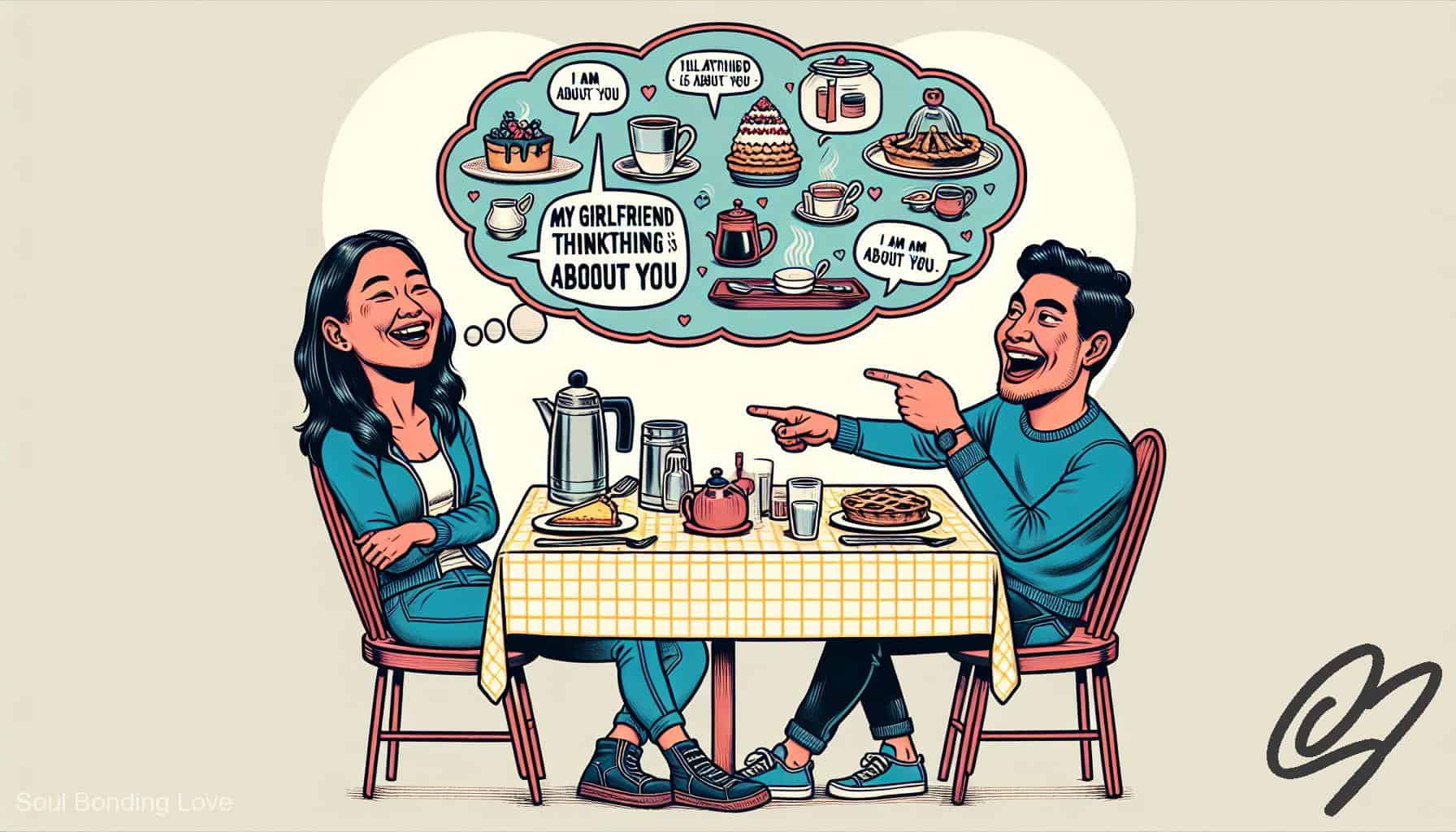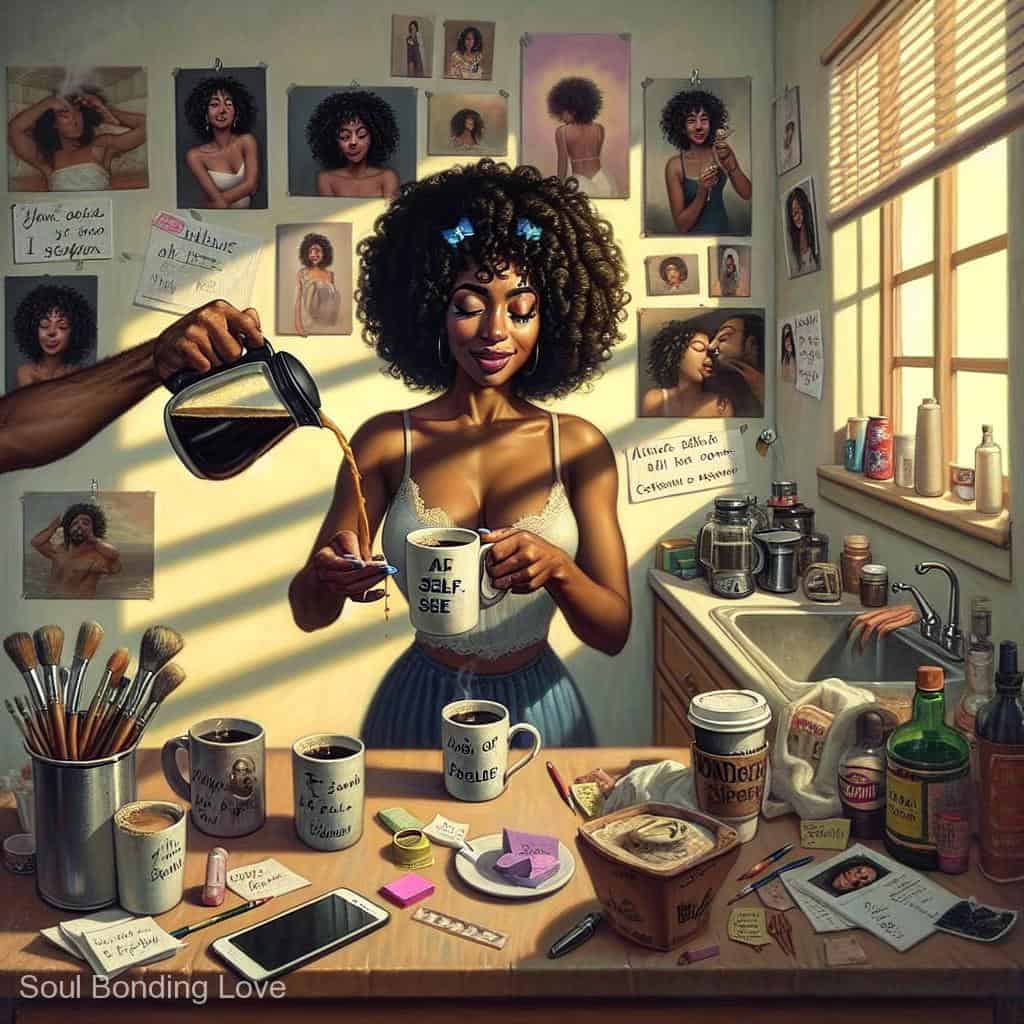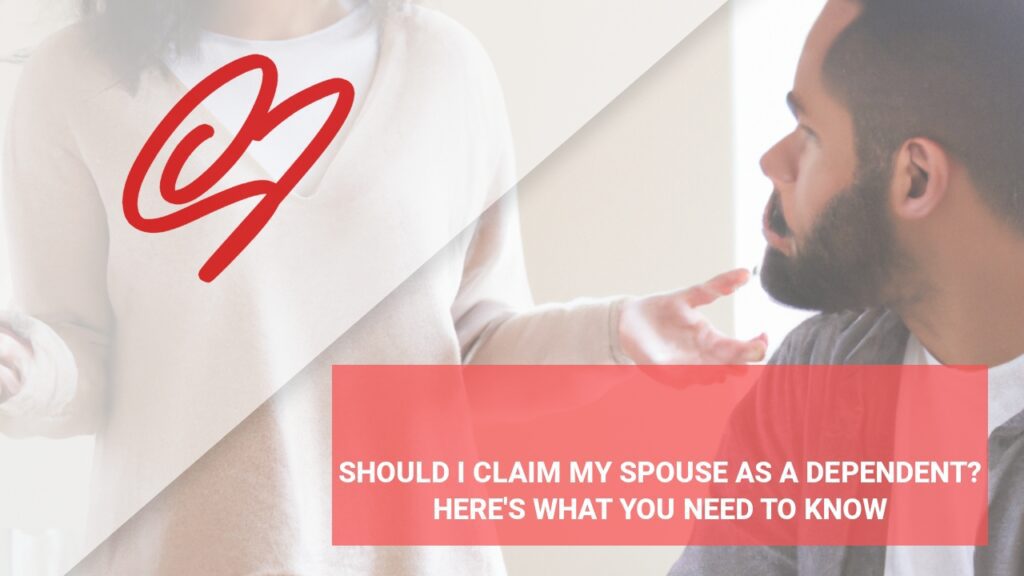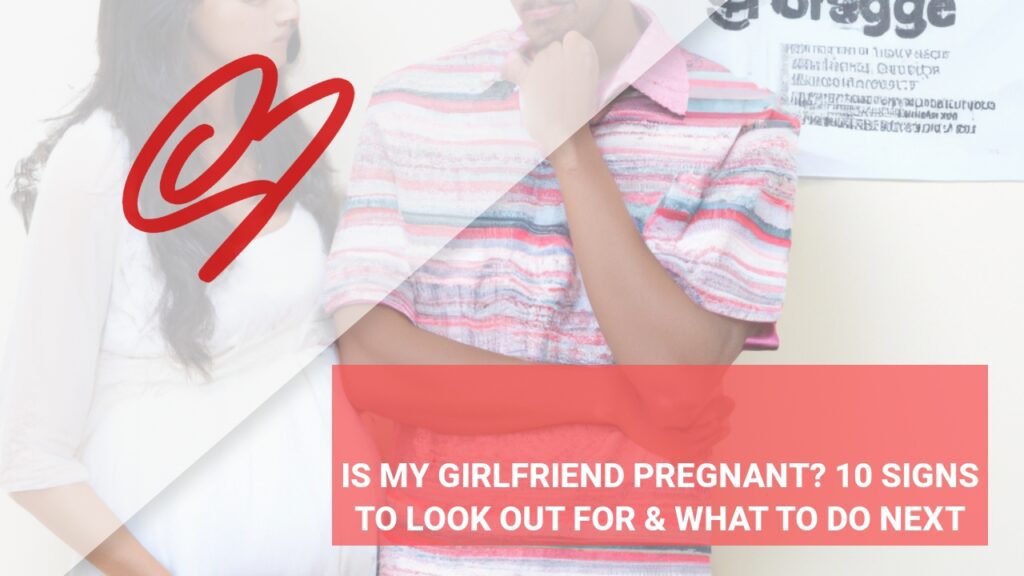
Hey SBL, I could really use some help here. My girlfriend, let’s call her Jenny, and I have been together for nearly two years now. We met at a friend’s party and clicked instantly. She was charming, energetic, full of life. But as our relationship progressed, I started realizing something… troubling. Let me paint a picture here – the world according to Jenny is one where everything revolves around her – like she’s the sun and we’re all just satellites in orbit. For example, we’ve planned this road trip with our friend group for months now. Last week I got an exciting job offer which has its initial training scheduled during the same dates as our trip (talk about bad timing). Obviously I was torn because it’s such a great opportunity. Yet, instead of support or understanding Jenny got mad because ‘I’m ruining her vacation’. Or there’s my best mate Dave who’s been going through a divorce recently and it’s hitting him hard emotionally – so naturally he needs his buddies around him more than ever right? Well when I told Jenny she accused me of choosing Dave over spending time with her! Couldn’t believe my ears! This isn’t an isolated incident either; there’s this constant undercurrent that it’s always about what she wants or needs or feels like doing. Birthday presents? For sure they’re the ones that SHE likes (don’t get me wrong – sharing stuff is cool but surprise me at least once!). Movie night? Her chick flicks reign supreme even though she knows I’m into superheroes & sci-fi! It gets exhausting to not have your preferences considered in your own relationship. Don’t get me wrong – I love this girl to bits but these things increasingly make me feel unheard and unimportant; like my choices don’t have any weight in decisions affecting both of us. What do you think SBL? Am I just being oversensitive? Or is there a real problem here? – Frustrated Boyfriend
The Raw And Honest Truth I Would Give To My Friends Or Family Member…
The thing to point out here is, it sounds like you’re dealing with a classic case of narcissism. This isn’t a branding or label, but just an observation based on what you’ve shared. Narcissists have a tendency to make everything about themselves. Their desires, their needs, their feelings – they come first, and if things don’t go their way, they’re not the easiest to reason with. Here’s what I will say: Being in a relationship is about partnership, compromise, and mutual respect. It’s a two-way street; if you’re feeling unheard and unimportant, that’s a red flag. A good relationship should make you feel valued, heard, and considered. Yes, it’s not all roses and sunshine all the time – but one partner shouldn’t consistently feel like they’re getting the short end of the stick. You’re not being oversensitive. Your feelings are valid. You’re allowed to have your own life, interests, and responsibilities outside of your relationship. It’s okay to want your preferences considered and it’s okay to feel frustrated when they’re not. So here’s my advice: Have a frank conversation with Jenny. Lay down your feelings in an open and honest manner. Don’t accuse or blame, just discuss how you feel using “I” statements like ‘I feel…. when….’. It could be that Jenny isn’t even aware of her behaviour – sometimes people can be so wrapped up in their own world that they can’t see how they’re affecting others. Remember though, you can’t change people – they have to want to change themselves. If Jenny isn’t willing to listen or consider your feelings after this discussion, then maybe it’s time for some tough choices. You deserve to be with someone who respects your feelings and priorities as much as their own. It’s not about choosing between your relationship and your friends, job or interests – it’s about choosing yourself, your happiness, and your peace of mind. Don’t settle for less than you deserve. Remember, it’s okay to love Jenny to bits – but make sure you love yourself enough too. Put yourself first sometimes. You’re equally important in this relationship and it’s time you start feeling like it too.But, that’s just my personal viewpoint. I’ve asked an expert relationship coach to break it down for what it is.
It might provide you with some more context.
“My Girlfriend Thinks Everything Is About Her”: Advice From A Relationship Coach
 Alright, let’s break this down, shall we? When someone says “My girlfriend thinks everything is about her,” it might feel like a straightforward statement. But actually, there’s a lot going on under the surface here that warrants some thoughtful consideration.
Alright, let’s break this down, shall we? When someone says “My girlfriend thinks everything is about her,” it might feel like a straightforward statement. But actually, there’s a lot going on under the surface here that warrants some thoughtful consideration. At the Heart of Egocentrism
So what this actually means is, we’ve got a case of perceived egocentrism on our hands—this is when someone sees themselves as the center of all thoughts and actions around them. This could stem from various underlying issues such as insecurity or even past experiences that led to the development of self-centric behaviors. It’s possible your girlfriend isn’t aware of her behavior and how it affects you or others around her.
Communication: The Golden Key?
What your partner may be trying to convey without outright saying it is that they feel sidelined or unheard in the relationship. This feeling can lead to frustration because relationships are supposed to be about partnership and mutual understanding. Effective communication is essential here; discussing feelings openly could shed light on why she feels the need to be at the center and how both parties can work towards a more balanced dynamic.
The Impact on Relationship Dynamics
The psychological impact can be significant for both parties involved. For one, constantly feeling like everything revolves around another person can create feelings of neglect or diminishing self-worth in a partner. For the person who seems egocentric, they might not understand why their partner is frustrated with them if they don’t see their behavior as problematic.An Empathetic Look at Validation Needs
Let’s put ourselves in her shoes for just a moment—sometimes what might seem like egocentrism could actually be a cry for validation or attention. Okay, so this doesn’t excuse any behavior that makes you feel minimized in your own relationship but understanding where she’s coming from could help in addressing these behaviors constructively.Navigating Through Self-Awareness
One approach could involve gently nudging your girlfriend towards introspection and self-awareness—it’s all about helping her recognize when she might be making things about herself without invalidating her feelings.
The Repercussions are Real
Without active management and resolution of these patterns, there’s potential for ongoing conflict which can escalate into deeper emotional rifts within the relationship structure.
At its core, a healthy relationship should have well-balanced give-and-take dynamics. Recognizing each other’s needs while ensuring personal boundaries aren’t overstepped is key to navigating through this issue. Remember too that modern dating isn’t just about solving problems but growing together through them—diversity in personalities gives us an opportunity for self-growth and developing empathy towards our partners’ quirks. Now I’d suggest taking these insights forward with kindness—the way forward involves making sure both parties feel valued within their shared journey.
With Everything That’s Been Said & Done (Or Alluded To 😬), What’s Next?
Reflect on Your Feelings and Communicate
Take a moment to reflect on your emotions and the impact Jenny’s behavior has on you. It’s essential to acknowledge your feelings as valid before approaching her. When you’re ready, initiate a candid conversation. Use “I” statements to express how her actions make you feel without blaming or accusing her. Say something like, “I feel unappreciated when my preferences aren’t considered in our plans.” This way, you’re inviting dialogue rather than conflict.Create a Supportive Dialogue Environment
Choose an appropriate time and place for this heart-to-heart where both of you can talk without distractions or interruptions. A neutral space is best, where neither of you feels cornered or defensive. Begin with reassuring Jenny that you value the relationship but need to discuss things that are affecting your happiness together. A supportive dialogue environment will encourage openness and reduce the likelihood of an adverse reaction from her.Suggest Compromise and Understanding
In your conversation, suggest finding ways to balance both of your desires and needs by compromising. Propose specific examples such as alternating movie choices or planning activities that cater to both interests. The key here is showing Jenny that while her happiness is important, so is yours—and a healthy relationship should reflect both partners’ happiness.Establish Boundaries and Expectations
It’s vital in any relationship to establish clear boundaries and expectations. Communicate firmly but kindly about what behaviors are not okay with you—like disregarding significant life events for personal pleasure—and why they hurt the relationship. Explain how mutual respect is crucial for a long-lasting partnership.Analyze the Outcome Together
After discussing these issues with Jenny, take some time together to analyze how she responds to these concerns—is she open-minded? Defensive? Dismissive? Her reaction will be telling about whether there’s room for improvement in your partnership or if there are deeper compatibility issues at play.Prioritize Your Own Happiness Too
Remember, it’s not selfish to prioritize your own happiness; it’s necessary for a healthy relationship dynamic. Continue investing time in what brings joy into your life outside of the relationship too—whether it’s accepting that new job opportunity, supporting Dave through his rough patch, or enjoying sci-fi movies solo every now then.Evaluate Long-term Compatibility
Lastly, use this period of communication as a gauge for assessing long-term compatibility with Jenny. If changes don’t occur despite repeated dialogues or if negative patterns continue emerging, consider whether this dynamic works for you in perpetuity. Relationships involve two people growing together—not just one orbiting around the other’s sun.Need Some Relationship Thoughts? Write To Us!
Is your romantic life in a bit of a maze and you’re finding it hard to navigate your way? Maybe you’ve got a situation you’ve been pondering for ages, unsure of what to make of it. If you find yourself up at night, wrestling with a relationship query that has you stumped, we’re here to offer our loving but honest personal thoughts on your predicament.
We understand that sometimes you’re not looking for professional advice, but rather an empathetic ear and some thoughtful insights that can help you see your situation from a new angle. That’s exactly what we aim to provide—a fresh perspective to help you reflect on what you’re experiencing.
Just write in with your query, and we’ll share our individual viewpoints that are rooted in empathy, understanding, and genuine human experience. We don’t claim to have all the answers, nor do we pretend to be experts. We’re just here to offer our thoughts, one heart to another.
Whether it’s a first date dilemma, a ‘situationship‘ that you’re not sure how to navigate, or a long-term relationship hurdle, we’d love to offer our personal reflections.

